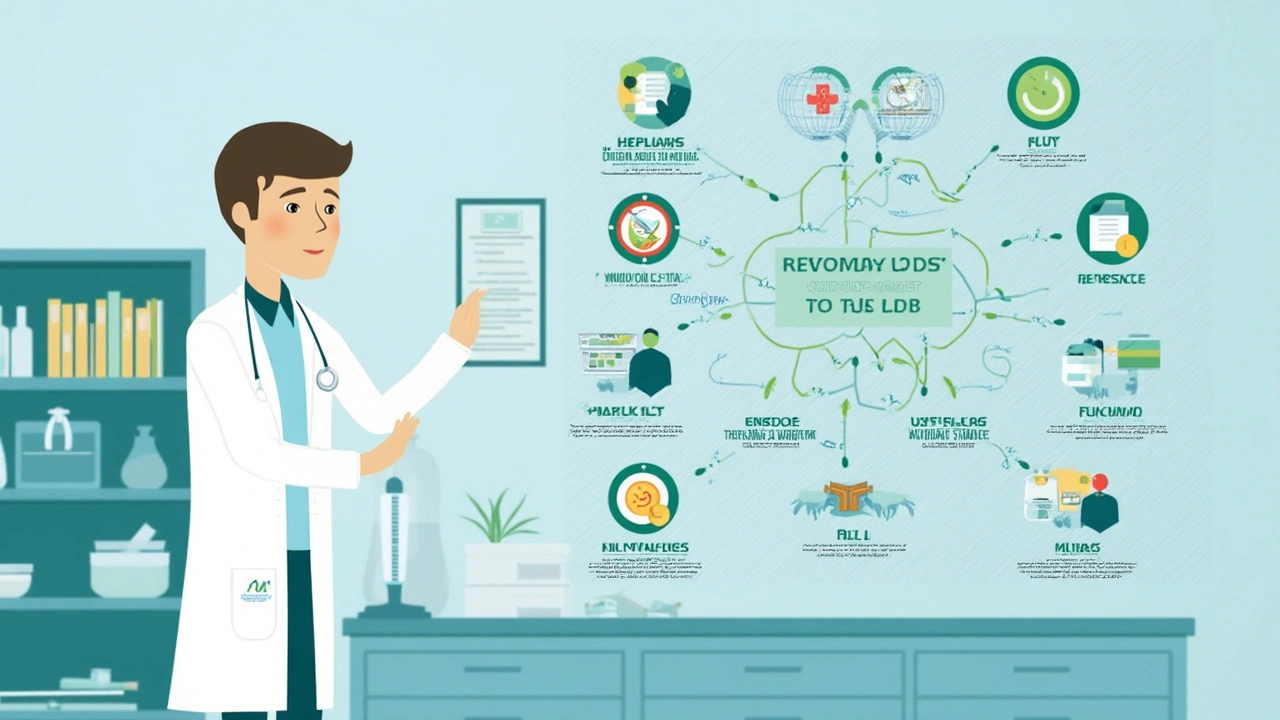Alternatives to Stromectol (ivermectin): What actually works
Ivermectin (Stromectol) is a widely used drug, but it isn't always the right choice. Maybe you’re pregnant, had bad side effects, face local shortages, or simply want other options. Good news: depending on the infection, several proven alternatives exist — each with its own pros and cons.
Main alternatives by infection
Scabies: The top non-ivermectin choice is topical permethrin 5% cream. You apply it from neck to toes, usually overnight. Other options include benzyl benzoate and sulfur ointments if you’re allergic to permethrin. Hot wash bedding and treat close contacts at the same time to avoid reinfection.
Head lice: Permethrin 1% lotion and malathion lotion are common and effective. For lice strains that resist those insecticides, prescription options like spinosad or topical ivermectin (if you can use ivermectin) are available. Wet-combing can help but rarely clears a heavy infestation on its own.
Intestinal worms (roundworms, hookworms, whipworms): Albendazole and mebendazole are the usual alternatives. They work well against many common intestinal parasites and are widely used in clinics. For tapeworms and schistosomiasis, praziquantel is the preferred drug.
Strongyloides: Ivermectin is usually the best treatment, but if ivermectin can’t be used, albendazole may be tried though it’s less reliable. In severe or complicated cases, your doctor may use a combination or hospital-based care.
Filarial infections (like onchocerciasis): Ivermectin is the standard for killing microfilariae. When alternatives are needed, doxycycline is sometimes used to target the Wolbachia bacteria inside the worms; that weakens adult worms over weeks to months. This approach requires strict medical supervision and a longer treatment course.
How to choose the right option and stay safe
Never self-prescribe. Match the drug to the exact parasite — the same pill won’t work for every infection. Tell your provider about pregnancy, breastfeeding, liver disease, and other meds you take. Some drugs interact or aren’t safe in pregnancy or for young children.
Buy from a reputable pharmacy and ask for a prescription if required. Be wary of online claims that promote ivermectin or other meds for unproven uses — especially viral infections where evidence is weak or absent. If symptoms continue after treatment, return to your clinician and bring tests or photos if possible.
If you suspect resistance or repeated infections, your doctor can switch drugs, add topical treatment, or run lab tests. That’s often the fastest way to get rid of the problem and avoid repeated courses of the wrong medicine.
Want personalized advice? Save this page and bring the info to your healthcare provider. They’ll help you pick the safest, most effective option for your situation.
